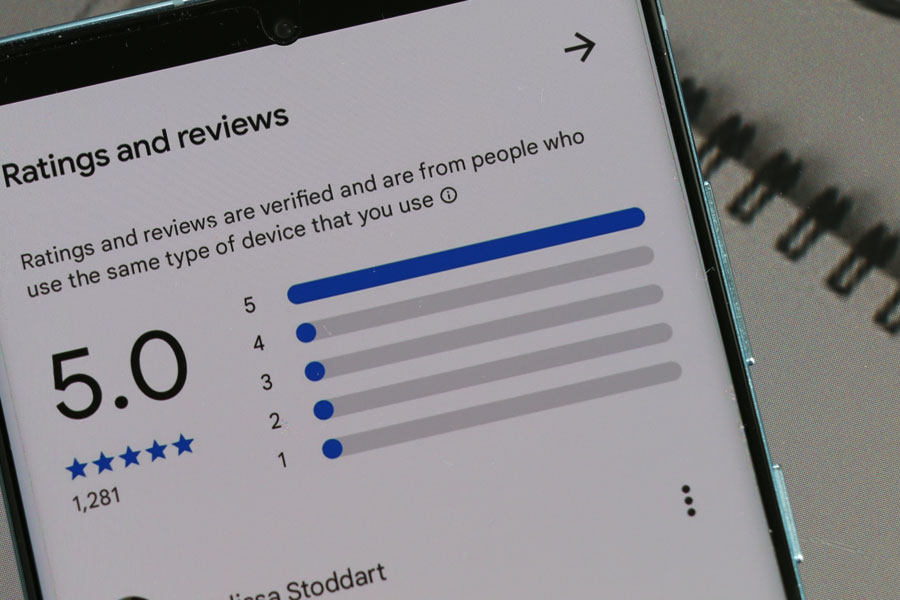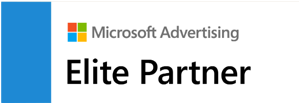
WEST PALM BEACH, FL – In a significant shift for its user-feedback ecosystem, Google is enabling users of Google Maps to post business reviews under a custom display name and profile image instead of their standard Google account identity. The change, announced in a company blog post on Nov. 19, 2025, is expected to roll out globally this month across Android, iOS and desktop.
Under the new model, when a user writes a review on a place via Google Maps they will see an option to select a “nickname and picture” specifically for that review. According to Google’s announcement, the feature is aimed at letting people “be your local business’ Secret Santa” – for example posting as a playful pseudonym rather than their full profile name.
Despite this outward anonymity, Google says that each review is still tied behind the scenes to a verified Google account. The company maintains that this linkage is intended to help detect misuse such as fake or deceptive reviews.
Google says the change addresses privacy and participation concerns. Many users reportedly hesitate to leave feedback when their real-name or main profile picture will be visible publicly, especially in sensitive categories such as healthcare, legal or personal services. By giving reviewers more control over how they appear, Google hopes to reduce friction and encourage more honest feedback.
This update arrives amid a broader push by Google to improve the integrity of its reviews ecosystem. The company has previously introduced warning labels for business profiles flagged for suspected fake reviews and deployed AI-driven filtering in an effort to combat manipulation.
Analysts say the pseudonym feature is part of Google’s dual strategy: increasing review volume (especially in privacy-sensitive sectors) while maintaining control mechanisms to safeguard reliability.
For businesses, especially service providers in discreet fields, the update offers an opportunity: encouraging more clients to leave reviews who might otherwise decide to remain silent for fear of exposure. According to local-SEO specialists, the ability to use a “custom name and picture” can significantly improve review participation rates.
On the flip side, some caution that real-name visibility acts as a filter against bad-faith actors. With public names masked, the potential for bogus reviews – whether overly positive or negative – may increase. There is also a possible trust perception issue: some users may regard anonymous or pseudonymous reviews as less credible than those visibly tied to a known identity.
Google confirmed that the nickname review option will begin its global rollout this month; the updated Explore tab and other holiday season features are part of the same release announcement.
The Help Center still reflects the previous policy – that reviews appear under the name on the user’s Google Account – which suggests the new feature may appear gradually as users and regions are enabled.
For users, the change may make them more comfortable writing reviews when they prefer not to have their “real-name” publicly linked, potentially improving completeness and honesty of feedback.
For businesses, the evolution means adjustments: they may need to monitor review activity more closely, consider how to encourage and respond to pseudonymous feedback, and remain vigilant for suspicious patterns.
For Google, the update amplifies the balancing act between ease of participation and review authenticity. The company must ensure that its “behind-the-scenes” verification and moderation continue to detect fraudulent activity, even as public names become less visible.
At Searchen Networks, we believe the shift toward pseudonymous reviews introduces more risk than reward for local businesses already struggling with fake or manipulative feedback. Businesses depend on accountability and transparency, and removing the requirement to post under a real profile name makes it easier for bad-faith actors to distort public perception. While Google may view this as a privacy-driven enhancement, the practical impact could be a rise in low-quality or unverified reviews that undermine trust in the platform and hurt local business. If abuse spikes, it would not be surprising to see Google revisit – or even reverse – this policy in the months ahead.










